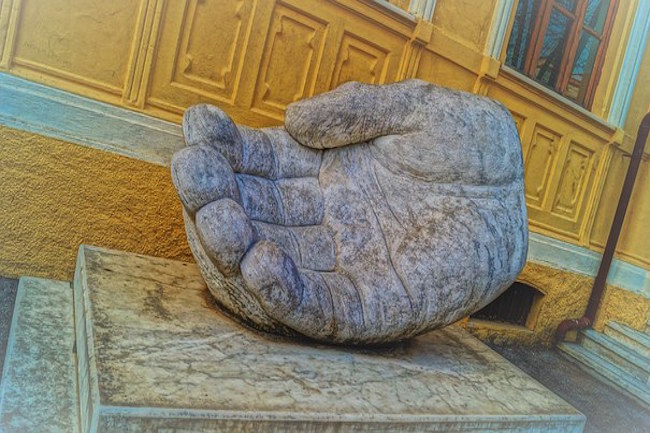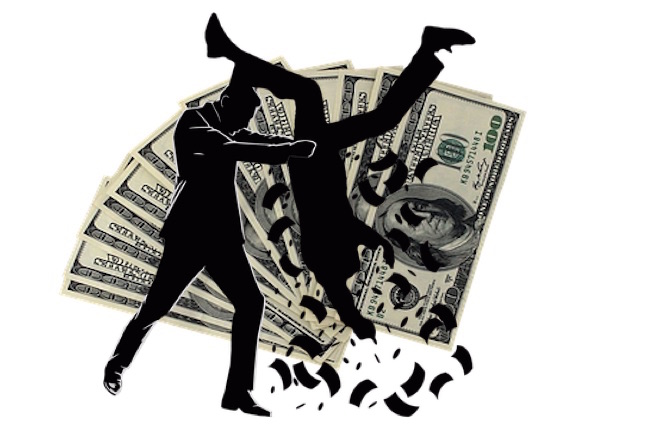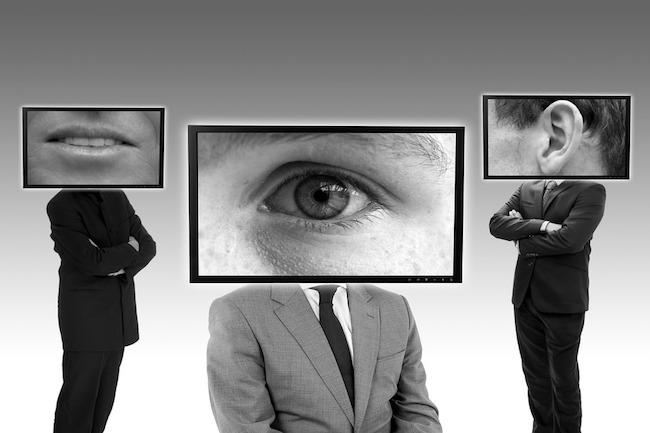What Is Conservatism? By Michael D. Giammarino for American Thinker
Since Election Day, I have been engaging in conversations about the political state of the country. In the face of the failed prediction of a red tsunami, many (both on the right and the left) are blaming the Republicans themselves for the disappointing results. Specifically, the two main culprits receiving most of the blame are Donald Trump and the right’s pro-life stance (i.e., the Roereversal). They say that in light of the failure of MAGA policies to win voters, it is now time to leave Trump and the MAGA Republicans behind and move on with more successful strategies.
But I am not so convinced.
And now that Trump finally announced his bid to reclaim the White House, things have become even more interesting. With just two short years until the next presidential election, such debates regarding the future of the GOP will expectedly be ramping up into high gear.

Now is your chance to support Gospel News Network.
We love helping others and believe that’s one of the reasons we are chosen as Ambassadors of the Kingdom, to serve God’s children. We look to the Greatest Commandment as our Powering force.
In one conversation I had on this issue, the other person, a Democrat, suggested that the right needs to “get back to the fundamentals of the Republican Party.” I challenged him by asking what those fundamentals were exactly. I did not get a satisfactory response. He, like even many Republicans, could not articulate a grounded answer. So, it seems, those on the right are in the midst of an apparent political identity crisis. With eyes on 2024, now is a great time for right-wingers to re-evaluate what they consider are the fundamentals of the Republican Party — a sort of reset before diving into a new campaign cycle.
A Note on Political Parties
I think it is first important to consider the nature of political parties. Since a political party is just that — a party — it is subject to change over time. It is not an ideology. Rather, parties embrace ideologies. The particular ideologies a party might support may evolve. For a party — that is, an organized grouping of individuals — may change its stances on things over time, much like any individual person may change his mind over time.




